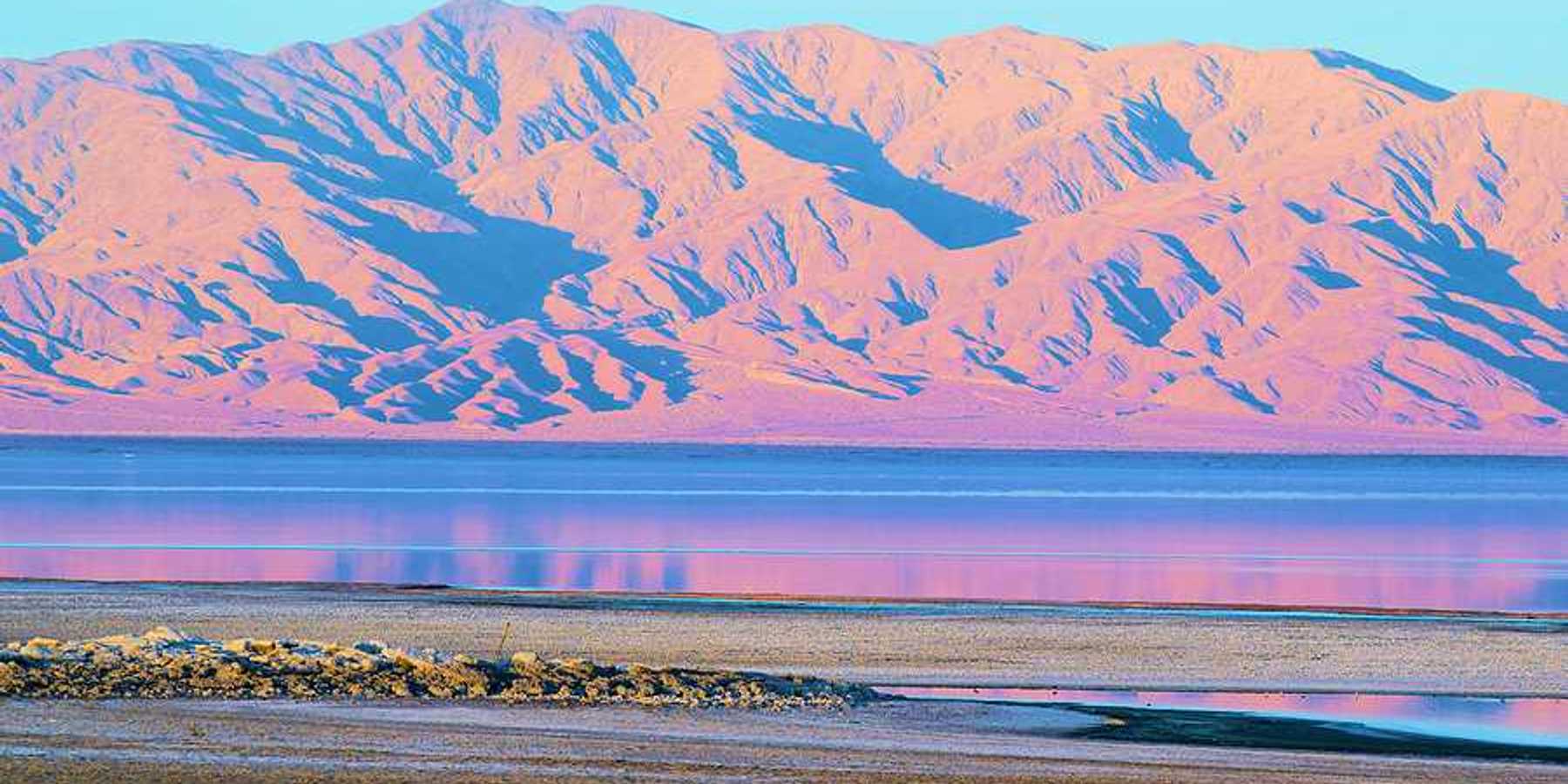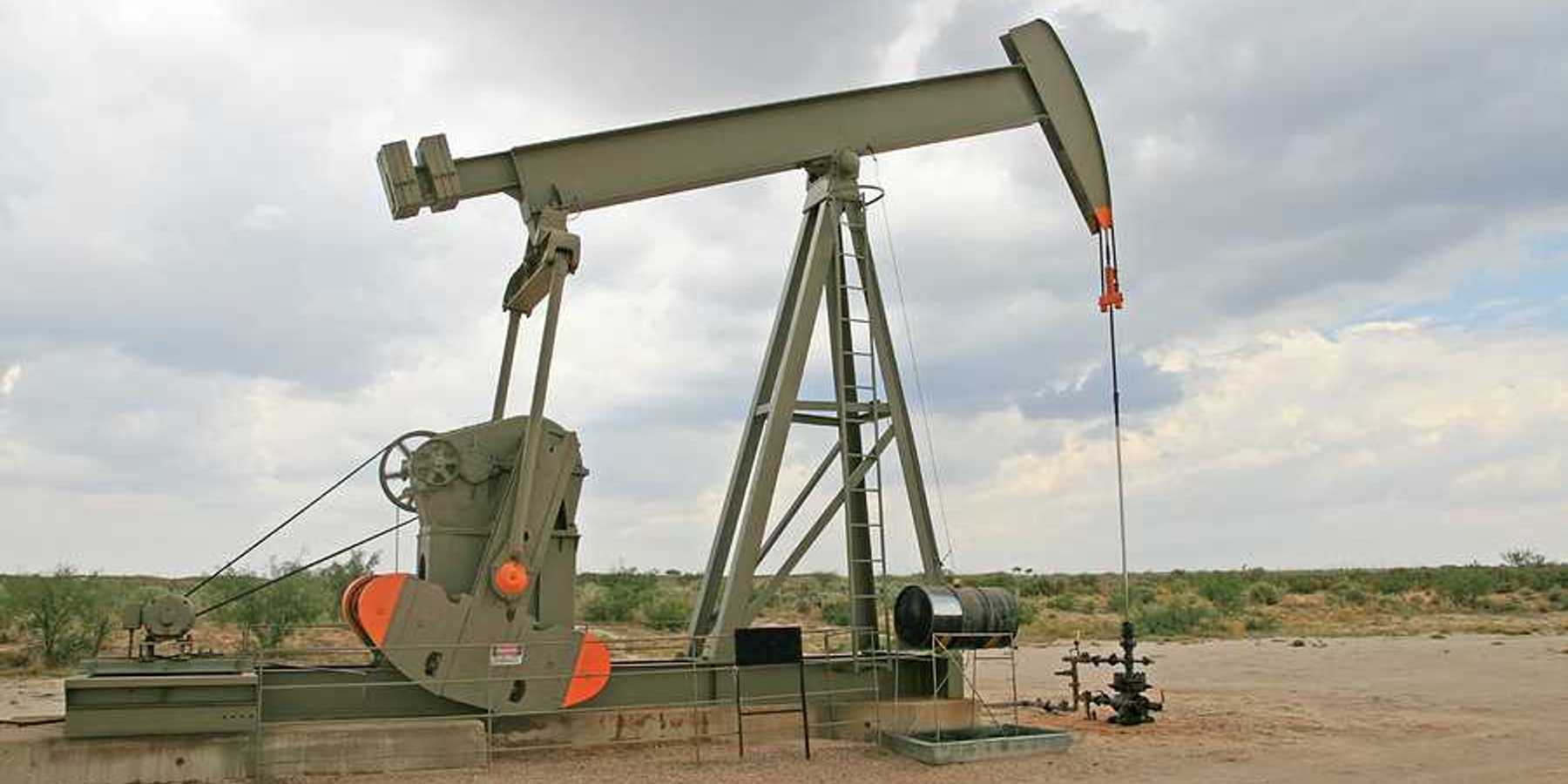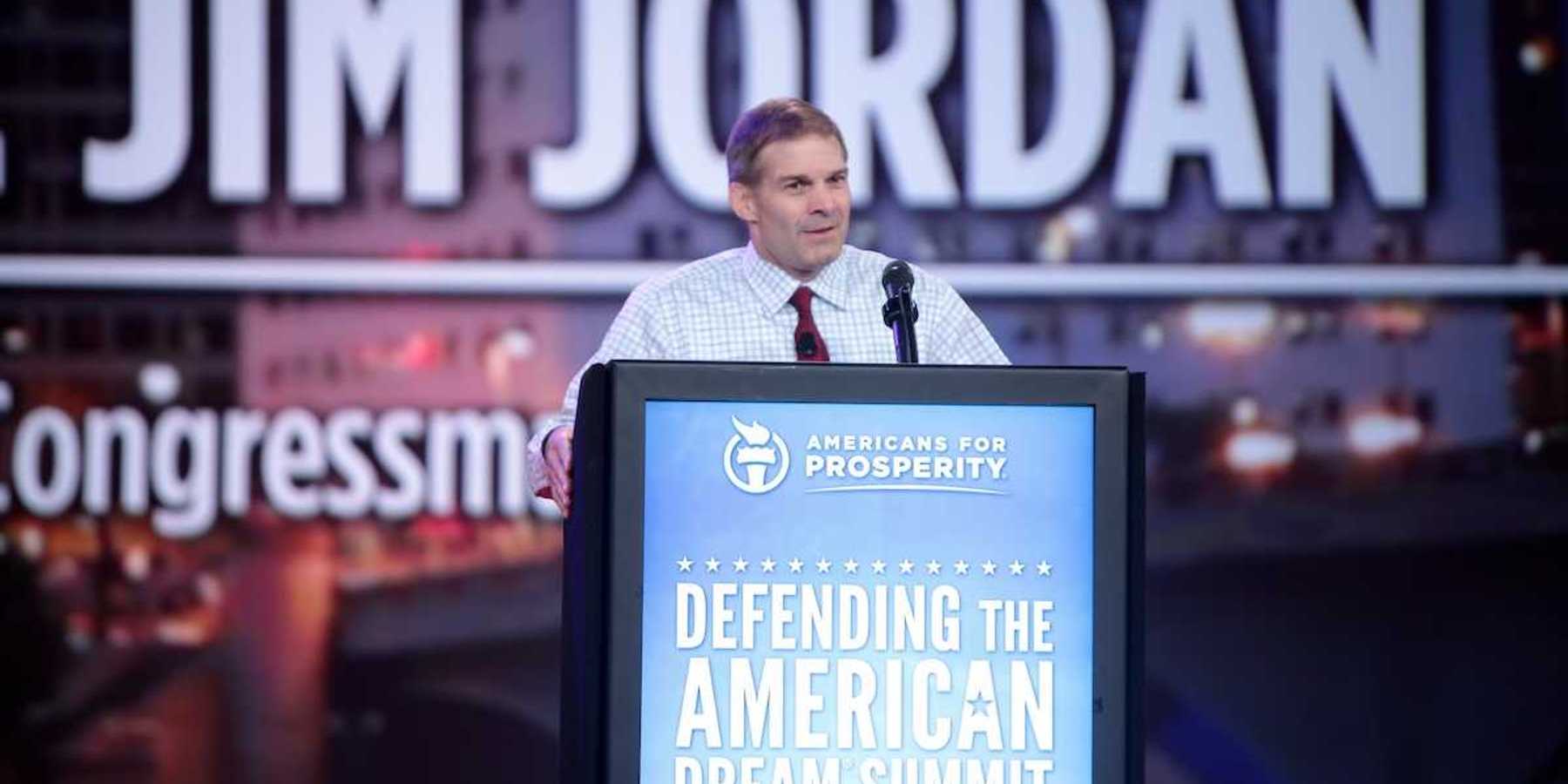Iraq’s oil boom blamed for worsening water crisis in drought-hit south
Iraq’s oil boom blamed for worsening water crisis in drought-hit south
Journalists Sara Manisera and Daniela Sala write about Western oil companies who are exacerbating water shortages and causing pollution in Iraq as they race to profit from rising oil prices after Russia’s invasion of Ukraine.
In a nutshell
Western oil companies, including Eni, BP, and ExxonMobil, are exacerbating water shortages and pollution in Iraq as they seek to profit from rising oil prices following Russia's invasion of Ukraine. The extraction process requires large amounts of water, causing a decline in Iraq's water resources as oil exports increase. The construction of dams and water treatment plants by these companies is disrupting the natural flow of water and contributing to water scarcity, displacement, and social instability in the region.
Key quote
“Overall the volume of water injections required is not huge, but in water-stressed areas this can cause serious problems,” said Robert Mills, the chief executive of Qamar Energy, an independent consultancy, and author of a 2018 report on Iraq’s water injection needs.
Big picture
As Western oil companies pump large quantities of water into the ground to extract oil, it leads to a depletion of water resources in regions already facing water scarcity. This exacerbates water stress and can potentially trigger conflicts over access to water, adding to existing geopolitical tensions. Additionally, the environmental consequences of this water-intensive process, such as pollution and gas flaring, contribute to climate change and air pollution, affecting not only local populations but also having implications for global environmental health.
Read the full Guardian story here.













